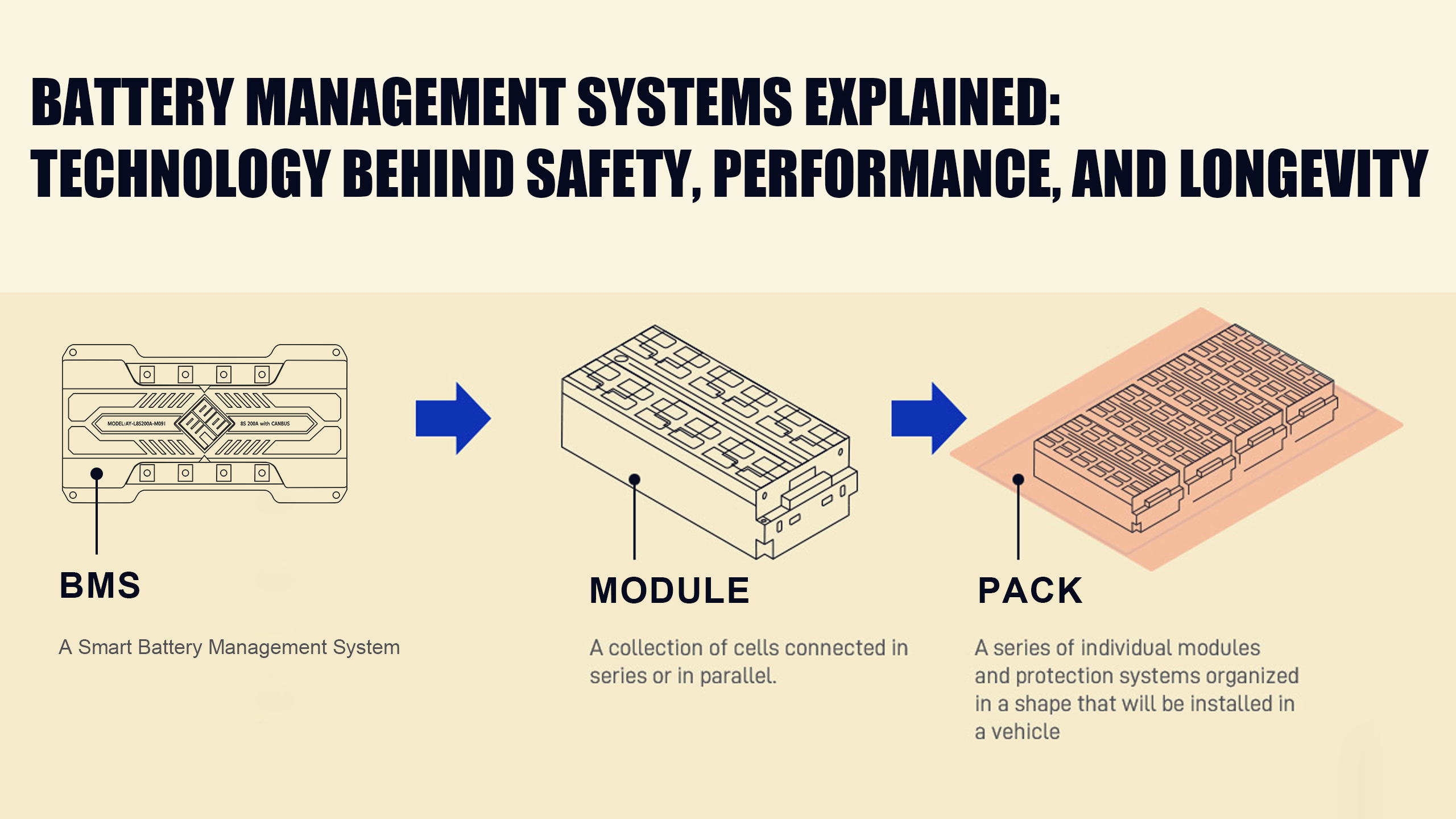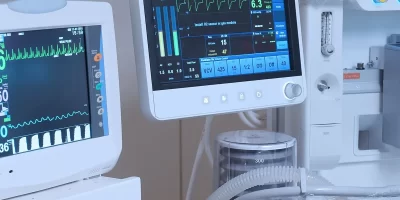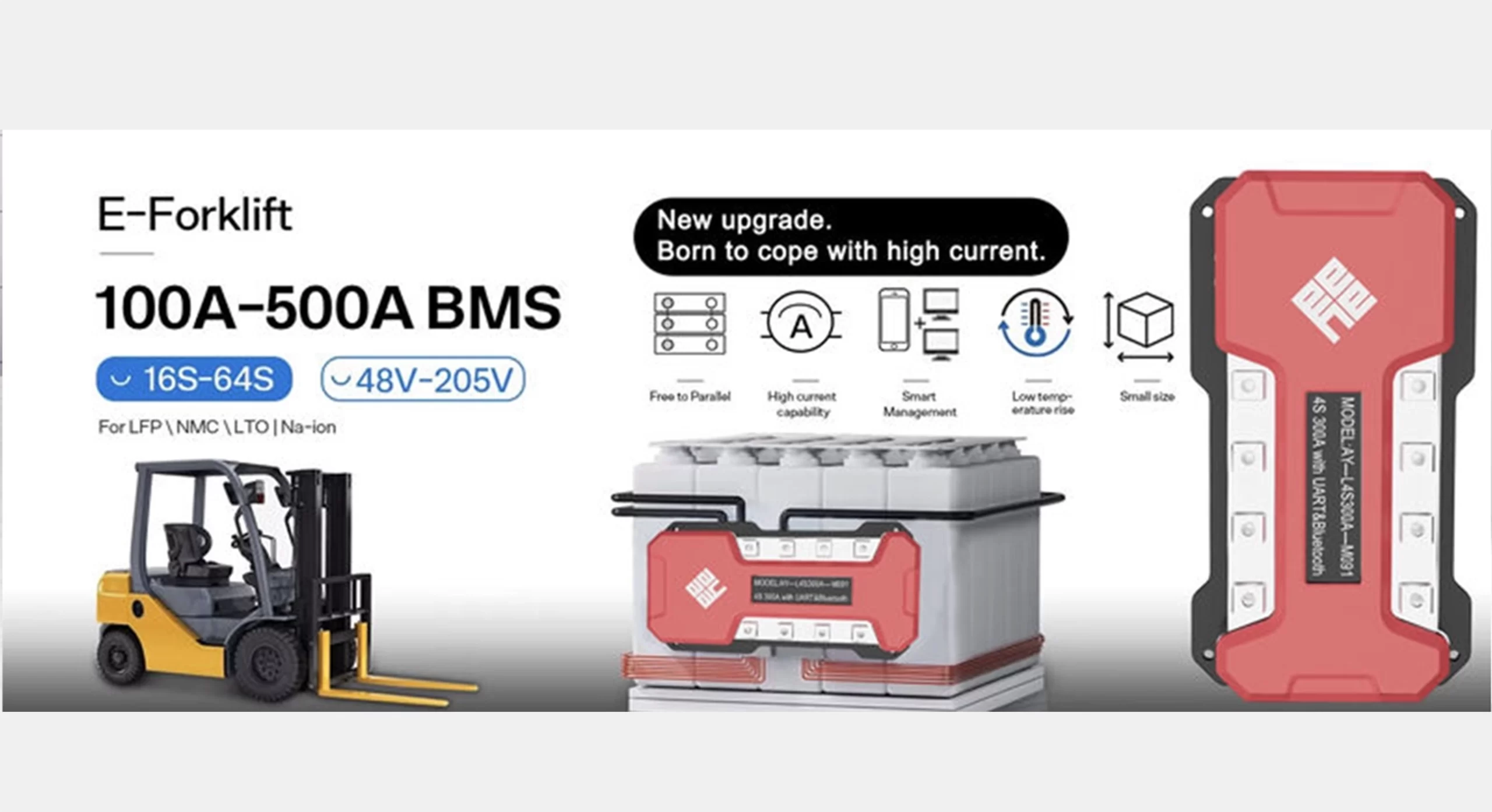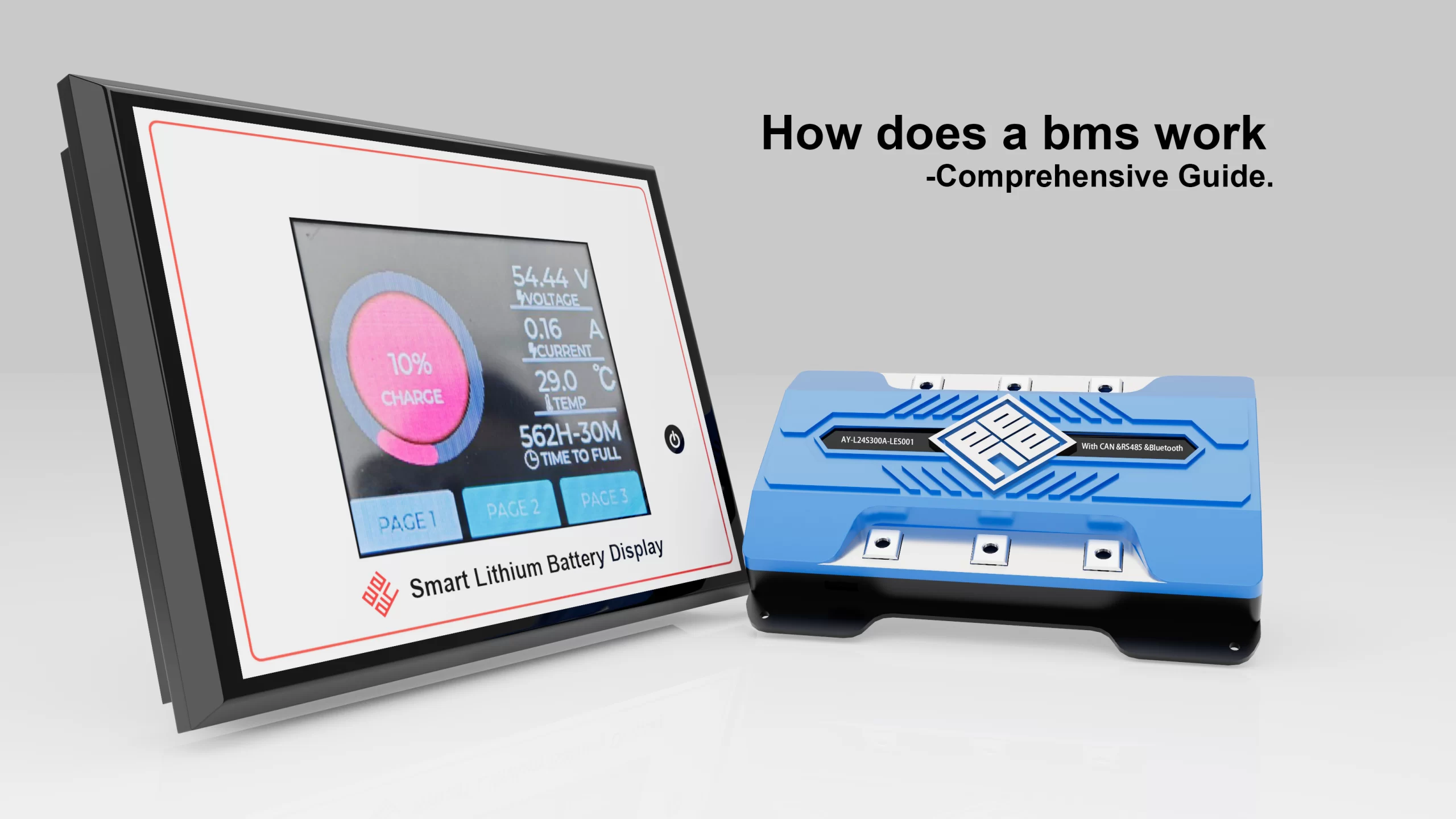ホームページ About Us EVENTS & NEWS Battery Management Systems Explained: Technology Behind Safety, Performance, and Longevity
Battery Management Systems Explained: Technology Behind Safety, Performance, and Longevity
Battery Management Systems Explained: Technology Behind Safety, Performance, and Longevity
Battery management is more important than ever in the age of clean energy and electrification. Lithium-based batteries, whether they are used to power portable gadgets, electric cars, or renewable energy storage systems, need close monitoring to guarantee longevity, safety, and optimal performance. This is where Battery Management Systems (BMS) come into play.
We’ll explore what battery management truly means, why it matters, how it works.

The Importance of Battery Management
At its core, battery management refers to the suite of technologies and algorithms that monitor, control, and protect rechargeable battery packs. A battery management system (BMS) maximizes performance and lifespan by ensuring that each cell in the battery pack functions within safe parameters, such as voltage, current, and temperature.
Because contemporary battery packs—particularly those that use lithium-ion or lithium iron phosphate chemistries—are susceptible to overcharging, deep draining, temperature extremes, and imbalanced cells, BMS is crucial. These problems are avoided by a properly built BMS.
Core Components and Functions of a Battery Management System
- Voltage Sensing Modules: Monitor the voltage of each individual cell.
- Temperature Sensors: Track cell and system temperature to prevent overheating.
- Current Sensor/Shunt Resistor: Measure charge and discharge current.
- Balancing Circuits: Ensure all cells are equally charged.
- Microcontroller Unit (MCU): Executes control algorithms and makes real-time decisions.
- Communication Interfaces: Enable integration with IoT platforms or vehicle control units.
Battery management systems provide thorough monitoring of the full battery lifecycle through these components.
Battery Management vs. Thermal Management
Though closely related, BMS and thermal management are distinct. Thermal management concentrates on controlling temperature within safe working ranges, whereas BMS addresses voltage, current, and charge state.
A component of the larger BMS approach, thermal control frequently makes use of phase change materials (PCM), liquid cooling, or air cooling. These systems are closely linked in high-performance applications such as industrial energy storage and electric vehicles.
How Battery Management Systems Work
BMS work by collecting data continuously and making decisions in real time. Key features include:
- Voltage and Current Monitoring
- Temperature Control
- Charge Control
- Balancing
- Diagnostics and Protection
BMS is a field that integrates electronics, software, and electrochemistry since all of these operations are coordinated by embedded software and firmware.
Intelligent Algorithms: SOC, SOH, SOP
- State of Charge (SOC): Calculates the battery’s remaining energy.
- State of Health (SOH): Assesses long-term battery degradation.
- State of Power (SOP): Predicts the maximum deliverable power.
Key Features of High-Performance Battery Management
- High-precision Data Acquisition
- Real-time Monitoring and Logging
- Active or Passive Cell Balancing
- Comprehensive Safety Protections
- IoT and Cloud Connectivity
- Low Power Consumption
Application Scenarios of Battery Management Systems
- Electric Vehicles (EVs): Safe, efficient, and long-range driving.
- Energy Storage Systems (ESS): Maintains performance and stability.
- Portable Electronics: Micro BMS chips for phones, drones, laptops.
- Medical Equipment and Robotics: Precision and reliability where safety is critical.
Why Battery Management Is a Smart Investment
- Extended Battery Lifespan
- Improved Safety
- Enhanced Efficiency
- Reduced Downtime
- Lower Total Cost of Ownership (TCO)
BMS promotes sustainability from an environmental perspective by lowering battery waste and enhancing recyclability through data-driven end-of-life choices.
Practical Usage and Maintenance Considerations
- Ensure proper installation to avoid wiring faults or EMI interference.
- Avoid extreme temperatures, especially in passive-cooled systems.
- Check firmware updates to benefit from improved algorithms.
- Monitor communication protocols (CAN, SMBus, UART) for stable data exchange.
Advanced Topics in Battery Management
- Phase Change Materials (PCMs)
- AI and Machine Learning
- Fast-Charging Integration
- Big Data Analytics
Introducing Shenzhen Ayaa Technology: Innovation in Battery Management
Shenzhen Ayaa Technology Co., Ltd. is a world leader in battery technology and provides innovative BMS that integrate efficiency, safety, and intelligence.
Flagship Products
- AY-L24S300A-ES001 (7S–24S, 300A): Ideal for forklifts and large EVs. Supports CAN/RS485/Bluetooth, overcurrent protection, active balancing, and wide temperature operation.
- AY-L10S200A-ES002 (3S–10S, 200A): Designed for wheel-based vehicles. Compact, robust, and highly configurable.
- AY-L16S200A-ES003 (8S–16S, 200A): Perfect for energy storage systems. Equipped with smart SOC/SOH algorithms and modular design.
Ayaa stands out for its full-stack service approach, which includes post-purchase support, integration help, and custom design.
FAQ
- Q: What is battery in management?
- A: Any electronic system that controls a rechargeable battery by enabling safe use and a long battery life in real-world situations while tracking and estimating the battery’s various states.
- Q: What does a battery management system do?
- A: BMS guard against deep discharge and over-voltage to prevent overloading the batteries and make the best use of their energy.
- Q: What are the functions of battery management?
- A: Monitoring, protection, status estimation, performance improvement, and operational reporting to external devices.
BMS is essential for everything from renewable energy to electric vehicles. It supports sustainability, improves performance, extends usable life, and assures safety. The future of BMS is more intelligent, secure, and effective than ever because of the combination of AI, cloud services, and creative cooling techniques.
Shenzhen Ayaa Technology is the perfect partner if you want to use cutting-edge, adaptable BMS technology to power your systems or goods. Ayaa is influencing the direction of intelligent power with more than 20 years of experience in the field.
Ready to optimize your battery systems?
Visit www.ayaatech.com to view Ayaa’s complete product line and knowledgeable assistance, or get in touch to talk about your particular application requirements.













